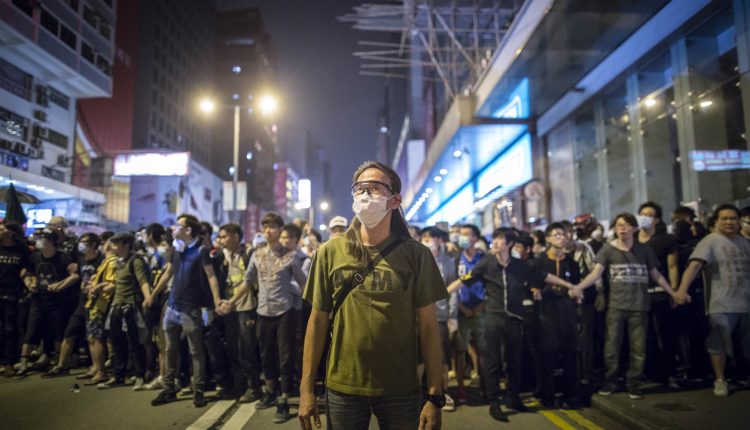Will Hong Kong Remain the Jurisdiction of Choice for Offshore Haven?
Hong Kong has traditionally been seen as a tax haven and the financial hub of Asia, if not the world.
The island is well-known for its no and low taxation on foreign residents and corporations. However, the last six months of social and political unrest in Hong Kong has taken a toll on the region’s economy, with both individuals and businesses who have wealth managed in Hong Kong either moving or considering moving their assets to alternative jurisdictions.
Below Lawyer Monthly hears from James Turner, Director at company formation specialists Turner Little, who offers insight on the future prospects of Hong Kong as a go-to banking jurisdiction.
In the midst of the general unrest in Hong Kong, the question on everyone’s minds at the moment is ‘does China really need Hong Kong as a financial centre?’ As Hong Kong enters its first recession in a decade, with the globalisation of finance and rising Chinese control of Hong Kong’s banking industry, Hong Kong’s role is likely to change.
As Hong Kong enters its first recession in a decade, with the globalisation of finance and rising Chinese control of Hong Kong’s banking industry, Hong Kong’s role is likely to change.
Hong Kong has always been seen as having the world’s freest economy with its simple and low tax system, trade freedom, monetary freedom and government integrity. Hong Kong’s status has always been protected by its ease of doing business, it’s unique role between China and the rest of the world and the rule of law. But if it loses its status as one of Asia’s top financial centres, it could be disastrous.
Last month, the IMF released a report which reinforced its assessment of Hong Kong’s economic and financial positions, affirming Hong Kong’s position as a global financial centre and regional trading hub with one of the most open economies in the world. This came after the Hong Kong government confirmed it had entered its first recession for a decade, with the economy shrinking 3.2% from July – September 2019. There is no lack of competition for financial centres, and investors can easily turn to other cities such as Singapore, Tokyo and Shanghai.
Unsurprisingly, safety fears are also prompting the ultra-wealthy to consider other jurisdictions when it comes to offshore banking and asset protection. According to an estimate from Goldman Sachs Group Inc, the potential benefit to Singapore from the turmoil in Hong Kong is upwards of US$4 billion. This represents the upper estimate of the money investors have already moved to Singapore amid escalating political protests. While there is no definitive answer as yet, to what will happen to Hong Kong as a financial centre, it’s financial system is still holding up against weeks of unprecedented public unrest.




